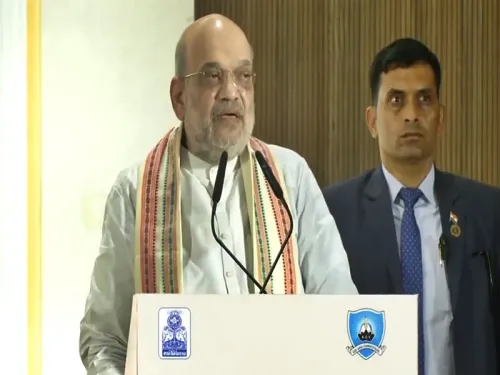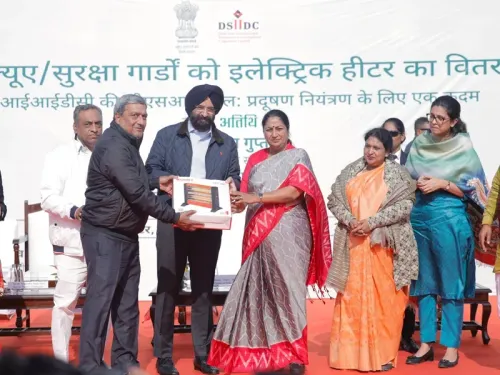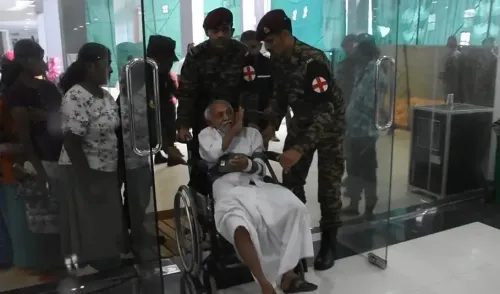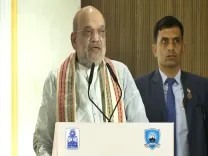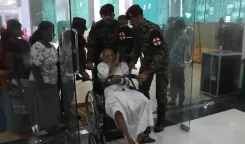Why Are Mock Drills Being Conducted in Several Rajasthan Cities, Including the Capital Jaipur?
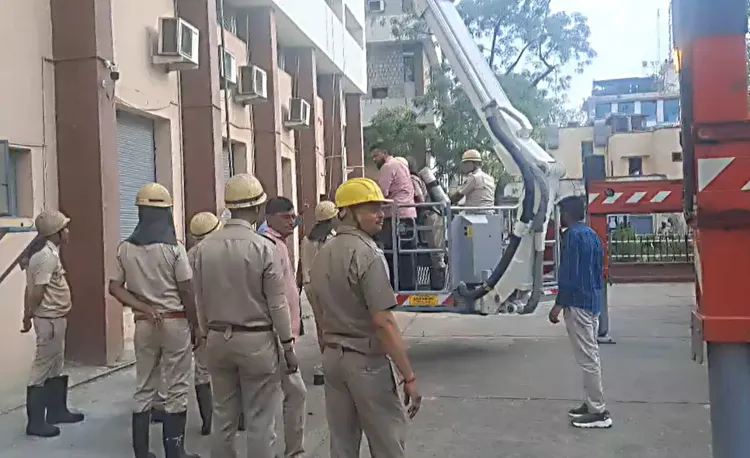
Synopsis
Key Takeaways
- Extensive mock drills conducted across Rajasthan.
- First air strike simulation in Jaipur in nearly 50 years.
- Emphasis on community response and administrative coordination.
- Heightened security measures in border districts.
- Ban on unauthorized drone operations for national security.
Jaipur, May 7 (NationPress) Following the directives from the Ministry of Home Affairs, numerous cities across Rajasthan, including the capital Jaipur, executed extensive mock drills on Wednesday aimed at evaluating wartime civil defense protocols.
In a notable development, air strike simulation exercises were performed in Jaipur for the first time in over 50 years, coinciding with a high alert issued in border districts.
These air strike response exercises were conducted in vital urban and border regions, such as Jaipur, Jodhpur, Udaipur, Bikaner, Dausa, Alwar, Sikar, Sirohi, Kota, Barmer, Jaisalmer, Bharatpur, Rawatbhata, and Sri Ganganagar. The air strike drill in Jaipur marked a significant event, being the first of its kind since the 1971 India-Pakistan War.
The mock drill unfolded at the BSNL office on MI Road, where a warning siren was activated at the Rajasthan Secretariat to alert both staff and the public. The District Collector received a simulated air strike alert through a hotline, prompting immediate measures to relocate residents to designated safe areas.
Government employees at the Secretariat also underwent training focused on emergency evacuation and rescue protocols. A similar drill transpired at 4 p.m. in Kota, which, alongside Rawatbhata, has been identified as a high-sensitivity zone by the Central government due to its strategic significance.
Participants included civil defense teams, police personnel, and fire brigade units, all engaging in hands-on training for rescue and relief operations, ensuring readiness for swift responses during emergencies.
In addition, enhanced security measures have been implemented in Barmer and Jaisalmer, both of which share an international border with Pakistan.
Markets in Barmer were temporarily shut down as air raid sirens were activated, and announcements were broadcast via loudspeakers, requesting public cooperation.
In Jaisalmer, similar sirens were employed to mimic an air strike scenario.
The primary objective of these drills was to evaluate community response times and administrative coordination under threatening conditions.
Amid the heightened security alert, a total ban on drone operations has been instituted in Sri Ganganagar, Anupgarh, and Bikaner.
Officials stated that unauthorized drone activities could disrupt emergency response systems and jeopardize national security. This ban has been implemented immediately.
These drills are integral to a comprehensive strategy aimed at assessing India's civil and defense readiness in the event of cross-border conflicts.
The state government, police, and civil defense departments remain vigilant, ensuring Rajasthan is equipped to address any national security crises.


